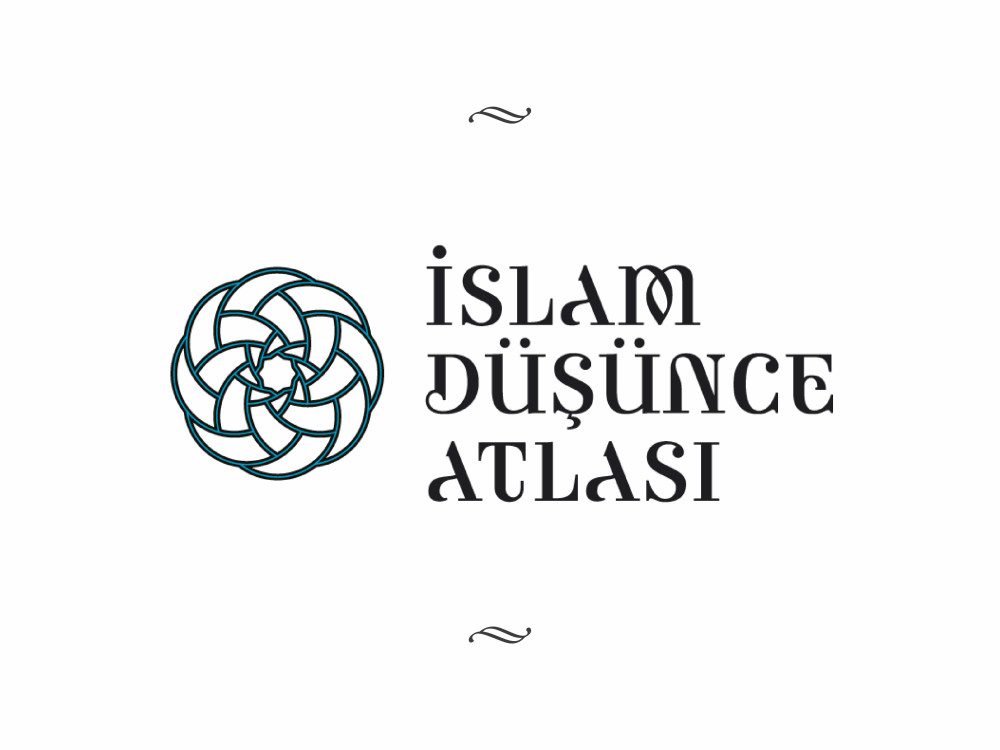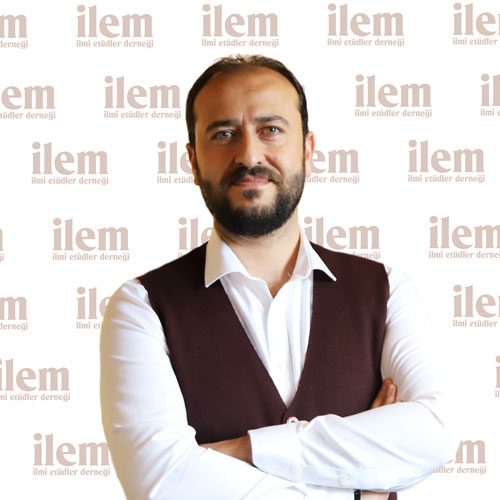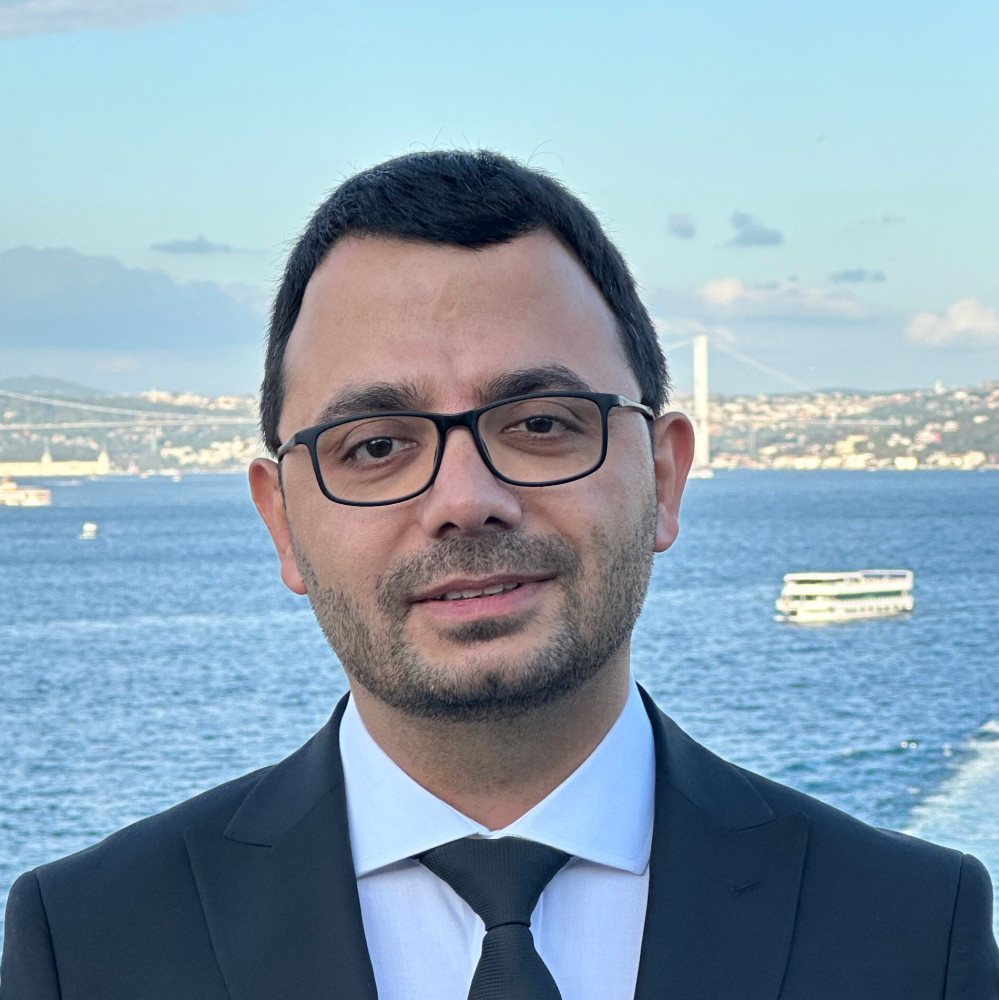
About
The Atlas of Islamic Thought Project provides an opportunity to look at the history of Islamic thought from different perspectives by inviting us to understand the history of thought within the history that carries it, the texts that transmit it, the personal and conceptual networks that form it, the institutions and structures that embody it, and finally the geographical and cultural basins that own it. This project, which emerged as a product of an effort to write a history of thought, builds a bridge between the past and the future.
We can say that IDA is an interactive program that aims to make the high-level scholarly accumulation on the history of Islamic thought easily followable through new techniques and within the logic of simple relationships.
This project is a history of thought writing project prepared by İbrahim Halil Üçer at the Academic Studies Association (ILEM) with the support of the Konya Metropolitan Municipality Department of Culture and Turkey's leading researchers of the history of Islamic thought accompanied by design experts, software developers, and map engineers.
Approach and Methodology of the Project
The Atlas of Islamic Thought (IDA) is a project that aims to introduce the Islamic intellectual tradition through web-based programs by taking into account the time-space-teaching-school variables through the founding philosophers, theologians, Sufis, and jurists who lived between the II/VII. and XIV/XX. centuries.
The Atlas of Islamic Thought has three conceptual maps that aim to formulate complex relationships in a way that can be followed through web-based programs, and a backbone of history of thought that will carry the information conveyed through these maps: The Time Map, the Books Map, the Persons Map and a new periodization proposal for the history of Islamic thought, supported by maps and school-based evaluations according to periods. Through these components, IDA tries to answer the following questions: By whom, when, where, how, in relation to what kind of school traditions, through which paths, with what kind of interactions, and through which textual traditions were thought produced? For those who are curious about the answers to these questions, Atlas of Islamic Thought promises a unique reading of the history of thought.
What has been done in the second edition of the project?
Completed in 2017, the first phase of the project consisted of an open-access website with interactive programs and a 3-volume book. With the new edition, which was completed after about 5 years of work, 6 volumes of new works and a completely renewed website compatible with mobile devices met with the scholarly world.
Along with its project-specific outputs, the new edition of IDA gains the identity of a kind of history of Islamic sciences on the axis of the new perspective it brings to the writing of the history of Islamic thought.
In the second edition of the project;

Project Coordinator

Project Coordinator Assistant